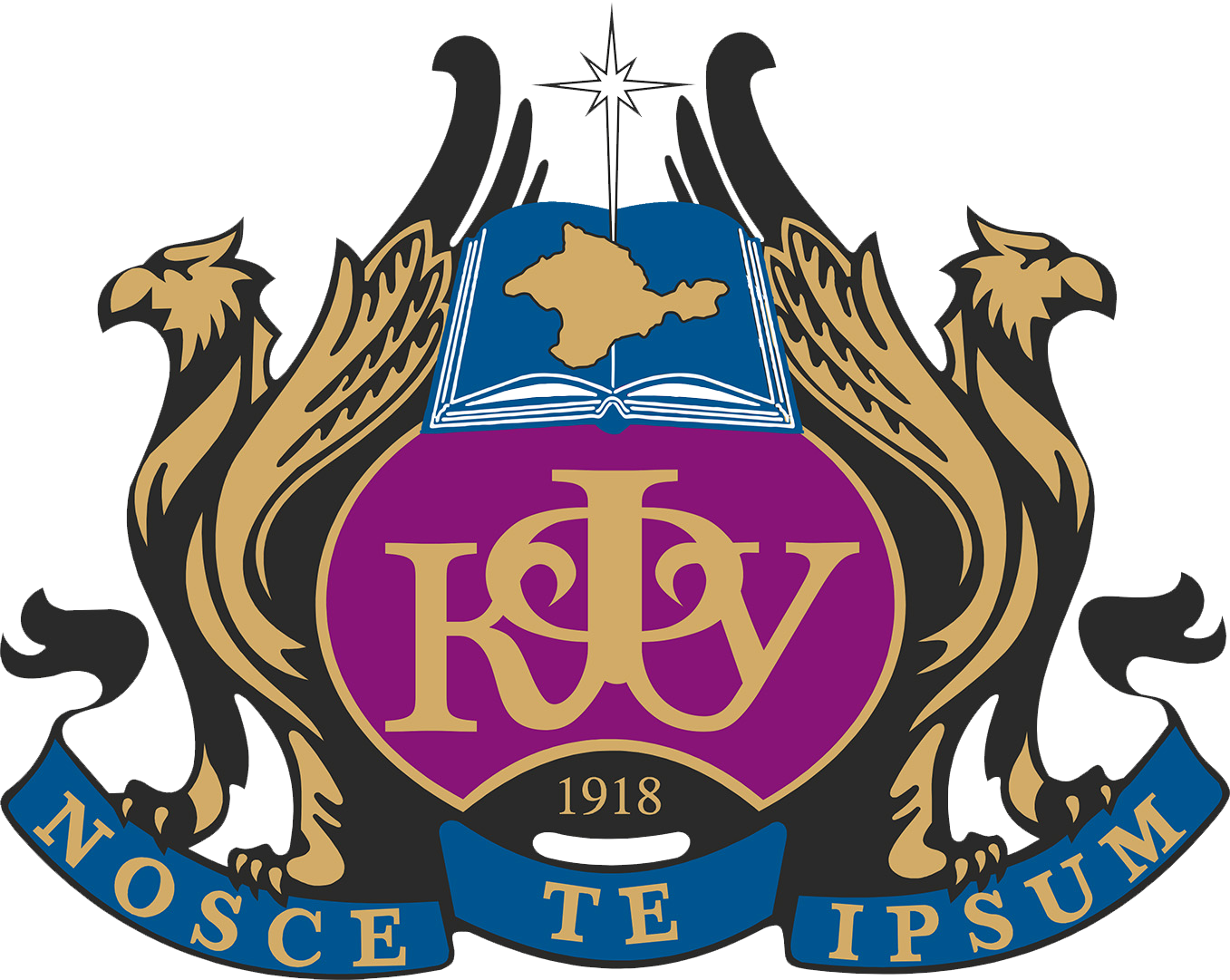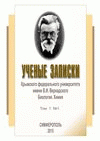The article shows the expediency of the use of technologies of Express diagnostics of functional capabilities in the specific conditions of the training process of young karate 10–11 years at the pre-competition stage. For the determination of lactate used the lactate analyzer LACTATE PLUS, the content of oxygen in arterial blood was determined using a pulse oximeter, pulsometry parameters of the current training load was recorded using the heart rate sensor, POLAR H10. Regulatory nervous processes were investigated on the hardware complex Biomysh Research. As the stress effects in the main part of the classes offered 6 series of training forms of competitive exercises lasting 1min 30s, which simulated competitive mode of operation – anaerobic-aerobic. Measurements of lactate parameters and oxygen content in arterial blood were carried out during 2-minute rest after each load series. Regulatory nerve processes were investigated before and after the session. The results were processed using the STATISTICA 10.0 software package. It was found that when performing competitive series in anaerobic-aerobic mode at the end of pre-competition mesocycle in 46,15 % of young athletes determined metabolic and functional changes corresponding to anaerobic-aerobic mode of operation (lactate content in the range of 5–7 mmol/l, HR total within 178–186 b/m, the amount of oxygen in the arterial blood within 94–96 %). While 38,46 % of young athletes showed signs of functional stress – lactate content in the range of 9–12 mmol/l, total HR within 201–206 b/m, the amount of oxygen in the arterial blood within 80–82 %. Also, 15,38 % of young athletes had signs of atypical metabolic reactions (lactate content drop below 1 mmol/l). The signs of tension of regulation of a heart rate and atypical reactions revealed at athletes of 10–11 years can be considered as criterion of disadaptation with the forecast of low efficiency at a competitive stage. In preparing young athletes for competitions, the target management of the training process is fundamental, which is based on in-depth control of the functional capabilities of the body of children who are promising for reserve sports [1]. Today, for an objective assessment of the functional state of athletes, express diagnostics technologies of adaptation functions are used – lactate analyzers [2, 3], heart rate sensors and pulse oximeters [4], portable spirographs [5, 6] and rheophotoplethysmographs [7]. The use of mobile laboratory equipment complexes allows, in specific training conditions, to quickly adjust the choice of training modes that do not reduce the effectiveness of adaptation at the stage of preparation for competitions. In turn, in the express assessment of the functional capabilities of athletes, a methodical approach is used that allows correlating the magnitude of the training load and real training effects: the total pulse cost of work, the direction of metabolic pathways of energy supply, ventilatory «request», hemodynamic and regulatory shifts. Based on the use of technologies for express assessment of the functional capabilities of karatekas aged 10–11 years under specific training conditions, metabolic and regulatory changes were identified and differentiated by physiological effects. When performing competitive series in anaerobic-aerobic work mode at the end of the pre-competition mesocycle, optimal metabolic and functional changes were determined in 46.15 % of karatekas. Whereas 38.46 % of karatekas showed signs of tension in heart rate regulation and 15.38 % of karatekas showed signs of atypical metabolic reactions, which can be considered as a criterion of disadaptation with a prognosis of low performance at the main competitions of the season.
rapid assessment, metabolic and functional effects, training forms of competitive exercises, anaerobic-aerobic mode of operation, karate 10–11 years, atypical reactions
1. Iordanskaya F. A. Monitoring funkcional'noy podgotovlennosti yunyh sportsmenov – rezerva sporta vysshih dostizheniy. Etapy uglublennoy podgotovki i sportivnogo sovershenstvovaniya
2. Kalva-Filho C. A. Reliability and validity of tethered swimming lactate minimum test and their relationship with performance in young swimmers / C. A. Kalva-Filho, A. Toubekis, A. M. Zagatto [et al.] // Pediatric
3. Wahl P. Accuracy of a modified lactate minimum test and reverse lactate threshold test to determine maximal lactate steady state / P. Wahl, C. Manunzio, F. Vogt [et al.] // J Strength Cond Res. – 2017.
4. Plews D. J. Comparison of heart-rate-variability recording with smartphone photoplethysmography, polar h7 chest strap, and electrocardiography / D. J. Plews, B. Scott, M. Altinib [et al.] // International journal
5. Pogodina S. V. Tehnologiya integral'noy ocenki funkcional'nyh vozmozhnostey vysokokvalificirovannyh sportsmenov raznogo vozrasta na osnove modelirovaniya adaptacionnyh processov
6. Aleksanyants G. Signal indicators of regulatory changes in the respiratory system under physiological deviation conditions / G. Aleksanyants, S. Pogodina, V. Yuferev, I. Epishkin // Bulletin of the Georgian
7. Kaplan A. Ya. Eksperimental'no-teoreticheskie osnovaniya i prakticheskie realizacii tehnologiy «INTERFEYS MOZG – KOMP'YuTER» / A. Ya. Kaplan, A. G. Kochetova, S. L. Shishkin, I. A. Basyul,
8. Tambovceva R. V. Obschie i chastnye zakonomernosti vozrastnogo razvitiya energoobespecheniya myshechnoy deyatel'nosti / R. V. Tambovceva // Novye issledovaniya. – 2011. – T. 1, vyp. 27. – S. 73–83.
9. Haritonova L. G. Teoreticheskoe i eksperimental'noe obosnovanie tipov adaptacii v sportivnom ontogeneze lyzhnikov-gonschikov / L. G. Haritonova, V. I. Mihalev, Yu. V. Shklyaev
10. Gorst V. R. Rassoglasovanie ritmov serdechno-sosudistoy i dyhatel'noy sistem pri maksimal'nyh fizicheskih nagruzkah / V. R. Gorst, N. A. Gorst, M. V. Polukova, A. B. Bagamaeva, L. V. Shebeko





